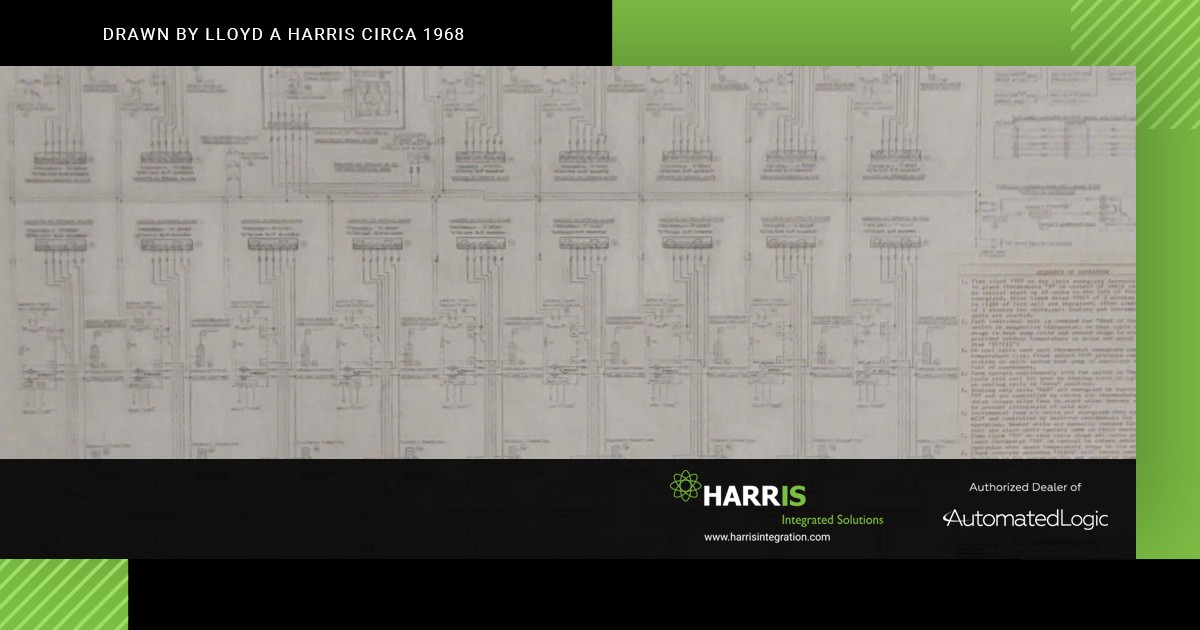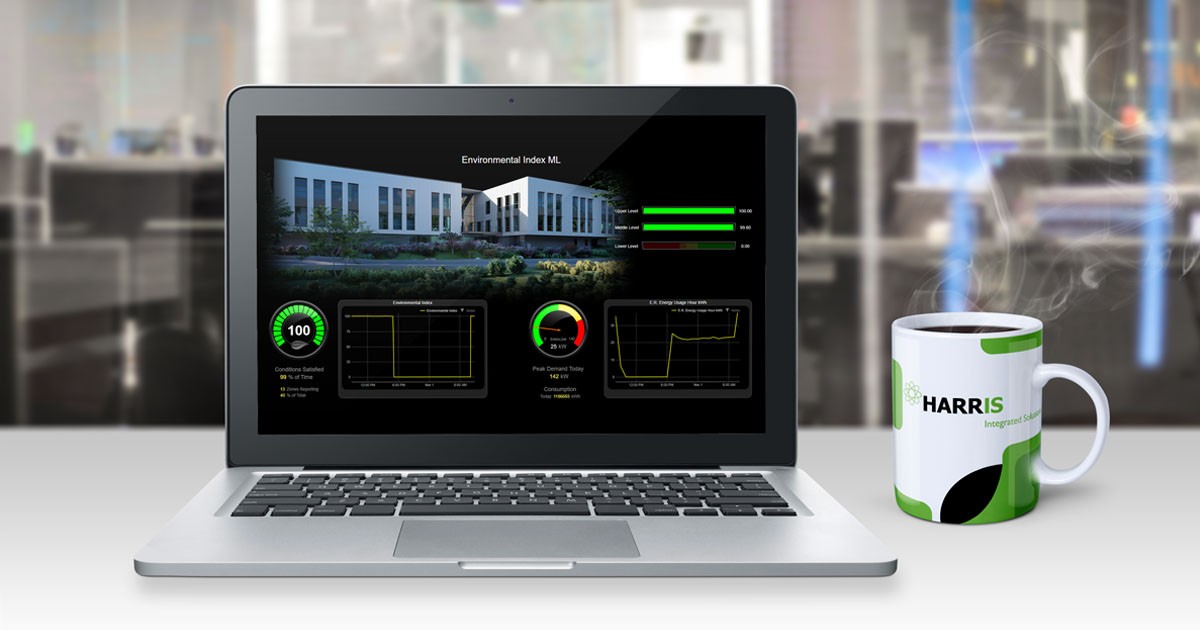During a recent family outing, as we drove past a downtown building, I proudly exclaimed to my brother-in-law, “I built that!” Promptly, my wife responded with her trademark sarcasm, questioning if I were truly a builder. Laughter filled the car, as sarcasm is her love language. However, her jesting remark got me thinking whether I’m the only one in the construction industry who feels this way when passing a building.
As a subcontractor, I understand that my role in the construction process is relatively small. No one contractor possesses all the expertise required to construct an entire building from the ground up. After all, we wouldn’t want a brick mason installing an elevator, or vice versa. I firmly believe that my contribution, though modest, is crucial in ensuring the overall success of a project.
As a subcontractor with a specialized trade, I often find myself sitting in job meetings, listening to contractors discuss matters unrelated to my specific trade. While I may feel that my issues hold more significance than those of the landscaper, I am aware that the landscaper may not share the same concern for HVAC system control. This is simply part of the tried-and-true construction process that has been in place for decades. It involves an ensemble of subcontractors, each working within their chosen expertise, coordinated by a general contractor, to collaboratively build something extraordinary. With project managers, foremen, and tradespeople working together towards a common goal, projects are completed on schedule and within budget.
For those unfamiliar with the construction industry, much of this process may seem foreign, just as my brother-in-law found it. And that’s okay. After all, I also lack a deep understanding of many things I encounter in my daily life. For example, I don’t concern myself with the intricacies of oatmeal production; I’m simply grateful to have it available for breakfast.
Over the years, the construction process has remained largely unchanged since I worked on my first major project in the 1980s. I still rely on mechanical drawings and specifications to ensure my work aligns with industry standards. However, the tools I use have evolved significantly. Instead of lugging around large sets of paper drawings, I now view them on a tablet. Job trailers, once the hub of weekly construction meetings, have been replaced by virtual meetings. Communication occurs through emails and text messages, with two-way radios becoming obsolete. Even my most used tool, a computer, has undergone substantial improvements since the days of bulky desktop computers in the 1980s. My testing equipment has also advanced, and every aspect of my trade has benefited from technological progress. Of course, we now undertake a greater number of tasks and oversee more equipment, a trend observed in various trades.
General contractors face increasingly challenging tasks. Building systems have become more complex, and buildings themselves now house a multitude of systems. Attending numerous job meetings, they shoulder the responsibility of comprehending and managing all trades involved. Topics discussed in such meetings can range from landscaping to electrical work to questions about life safety systems – all within a single session. Undoubtedly, general contractors would agree that the industry requires a more extensive technical knowledge base, alongside a greater number of subcontractors, to construct modern buildings.
However, one cannot help but wonder, when a general contractor passes by a building, do they proudly declare to their family, “I built that?” And does their family respond, questioning their credentials as builders?

Billy Blackburn, ACEM | Business Development Manager
A 30-year veteran of the HVAC and DDC Control Industry, Billy Blackburn, ACEM, is the Coastal Area Account/Business Development Manager for Harris Integrated Solutions.
He is a former factory certified centrifugal chiller technician and manager; is Allen Bradley PLC certified; and is a Network Plus and factory certified DDC control technician, trainer, and salesperson. Blackburn is based in Summerville, SC.

Billy Blackburn, ACEM | Business Development Manager
A 30-year veteran of the HVAC and DDC Control Industry, Billy Blackburn, ACEM, is the Coastal Area Account/Business Development Manager for Harris Integrated Solutions.
He is a former factory certified centrifugal chiller technician and manager; is Allen Bradley PLC certified; and is a Network Plus and factory certified DDC control technician, trainer, and salesperson. Blackburn is based in Summerville, SC.








